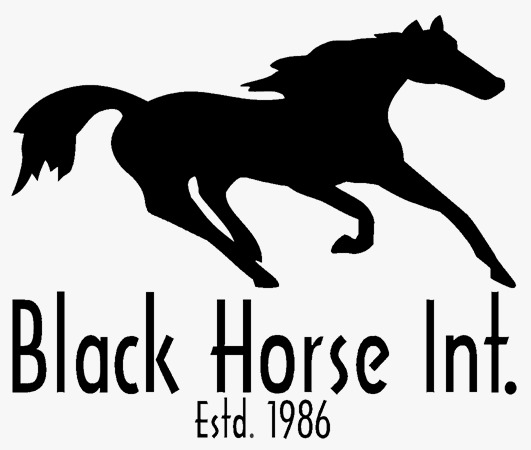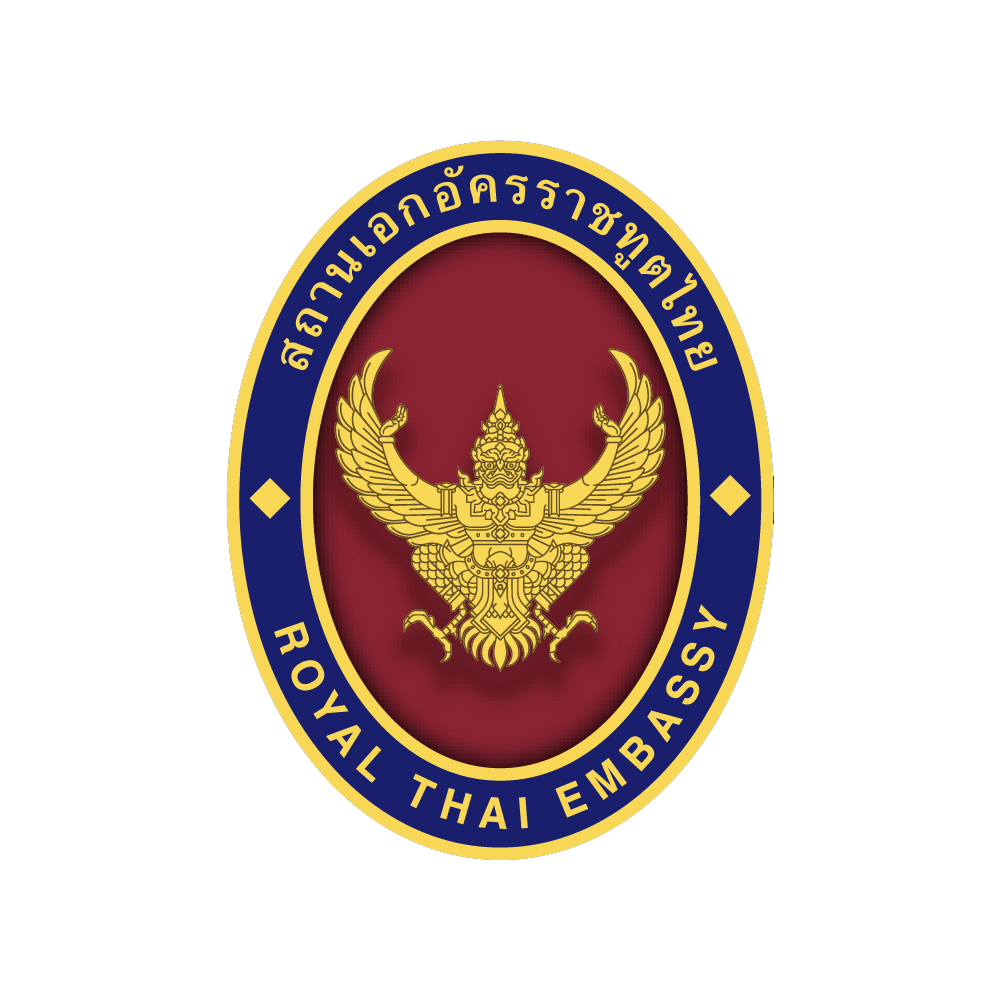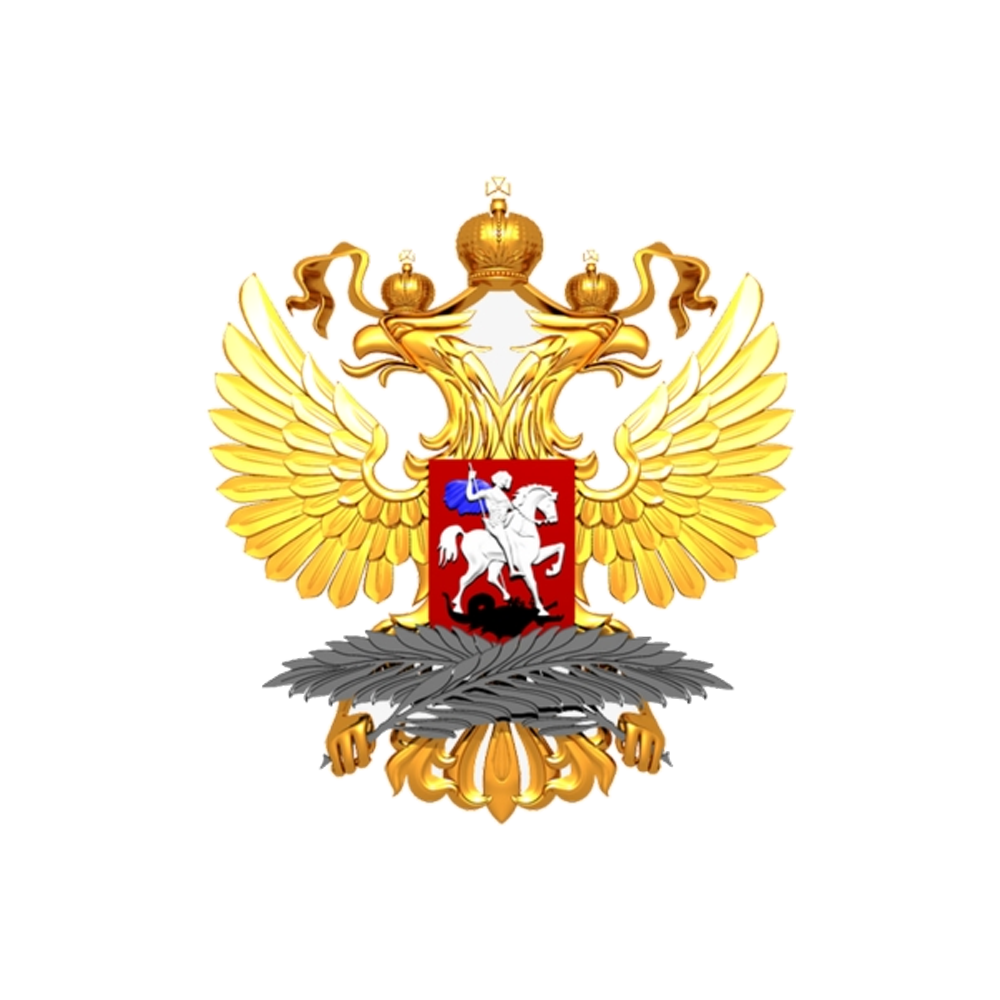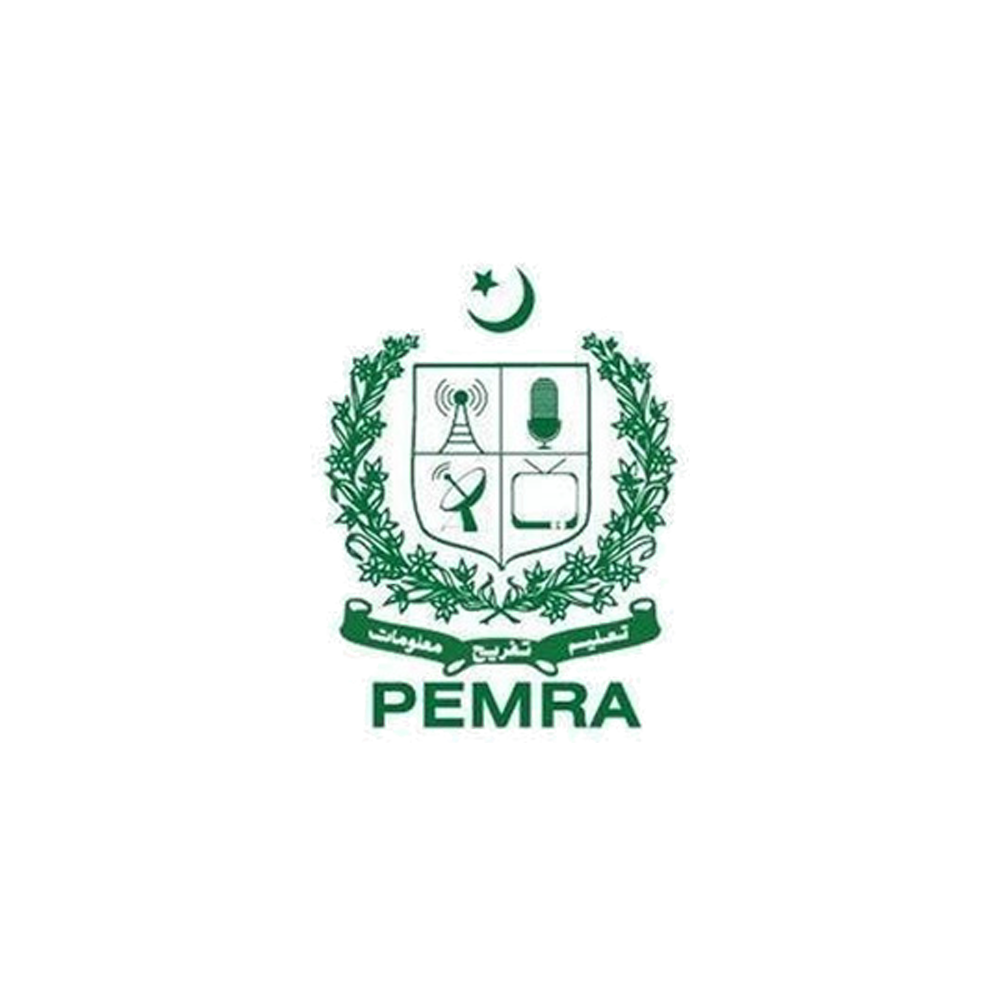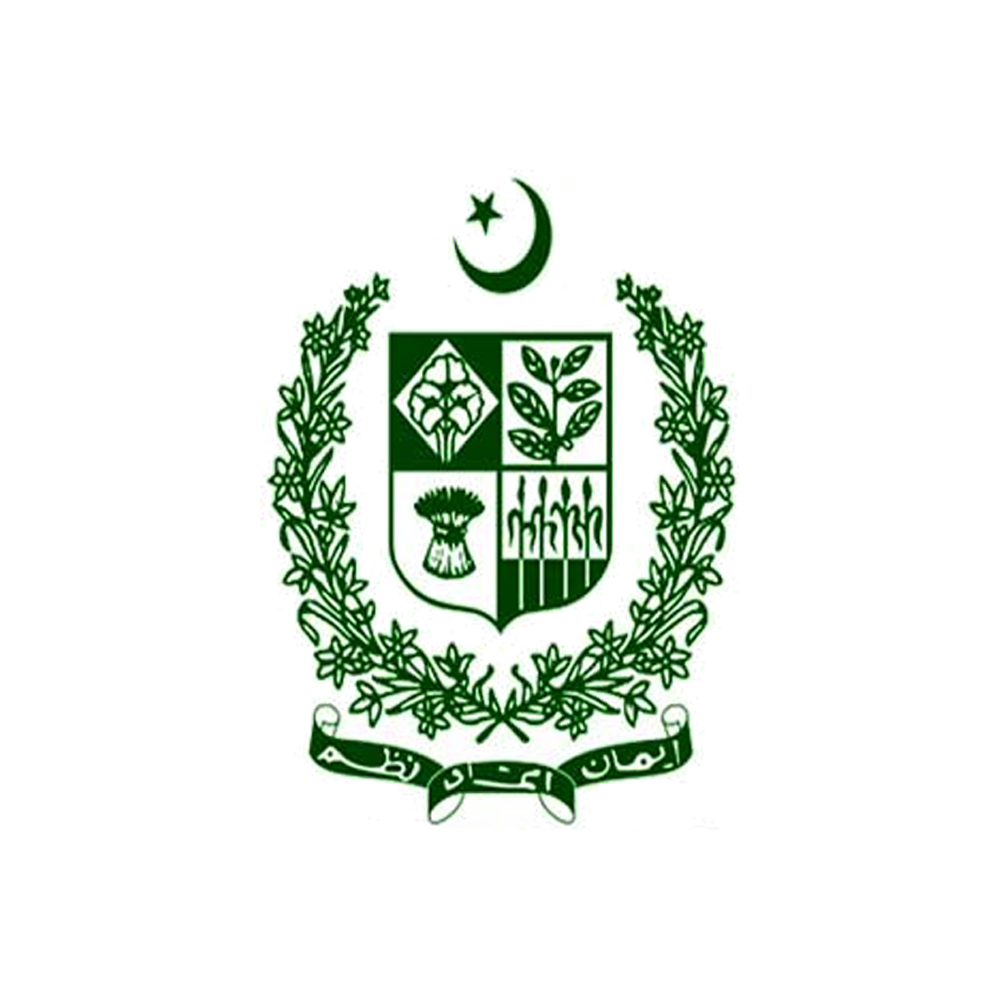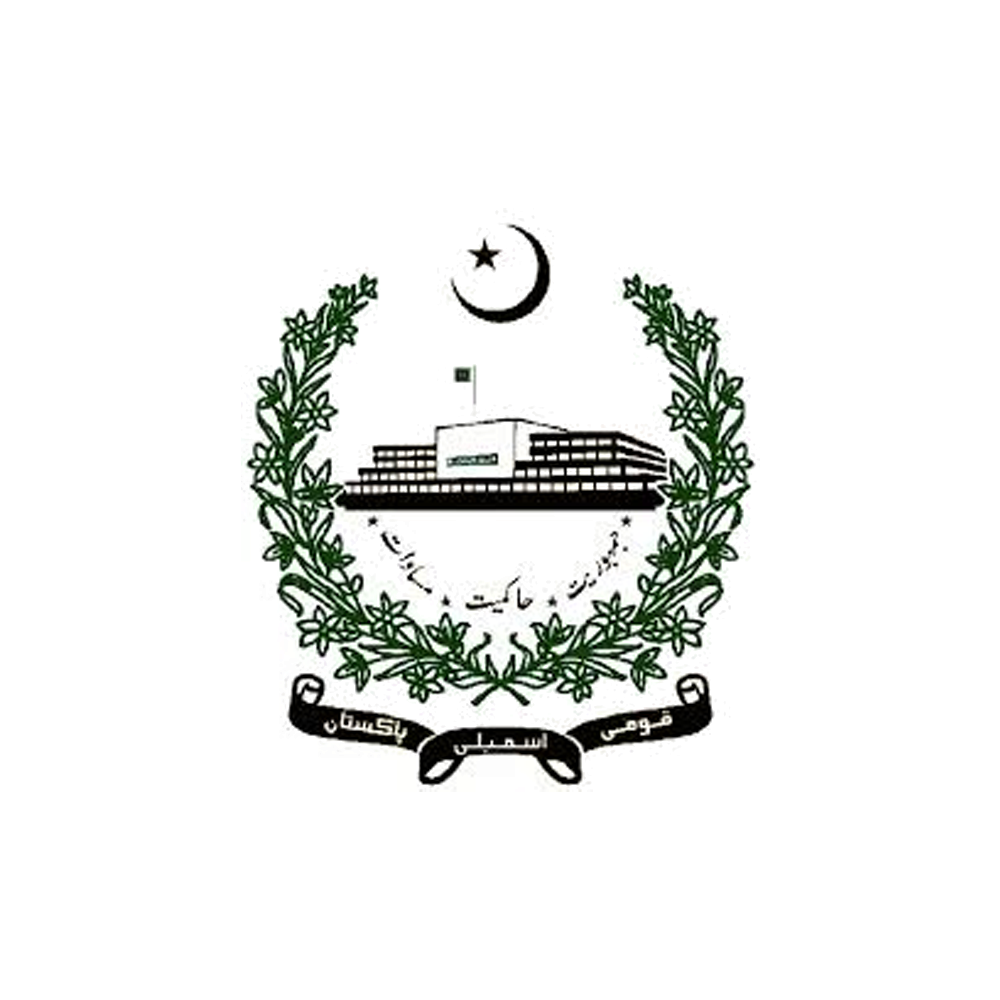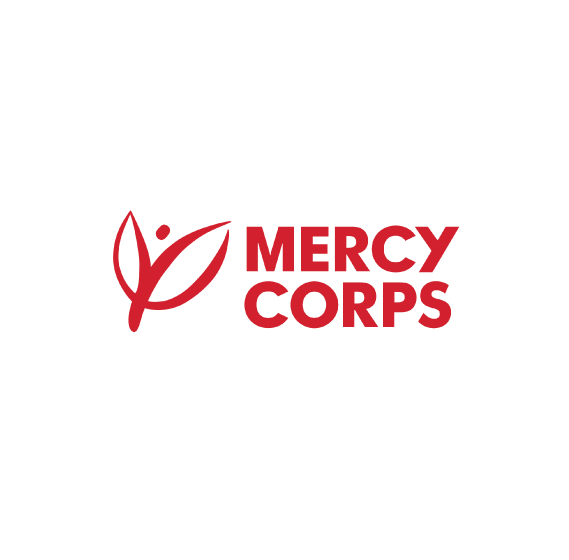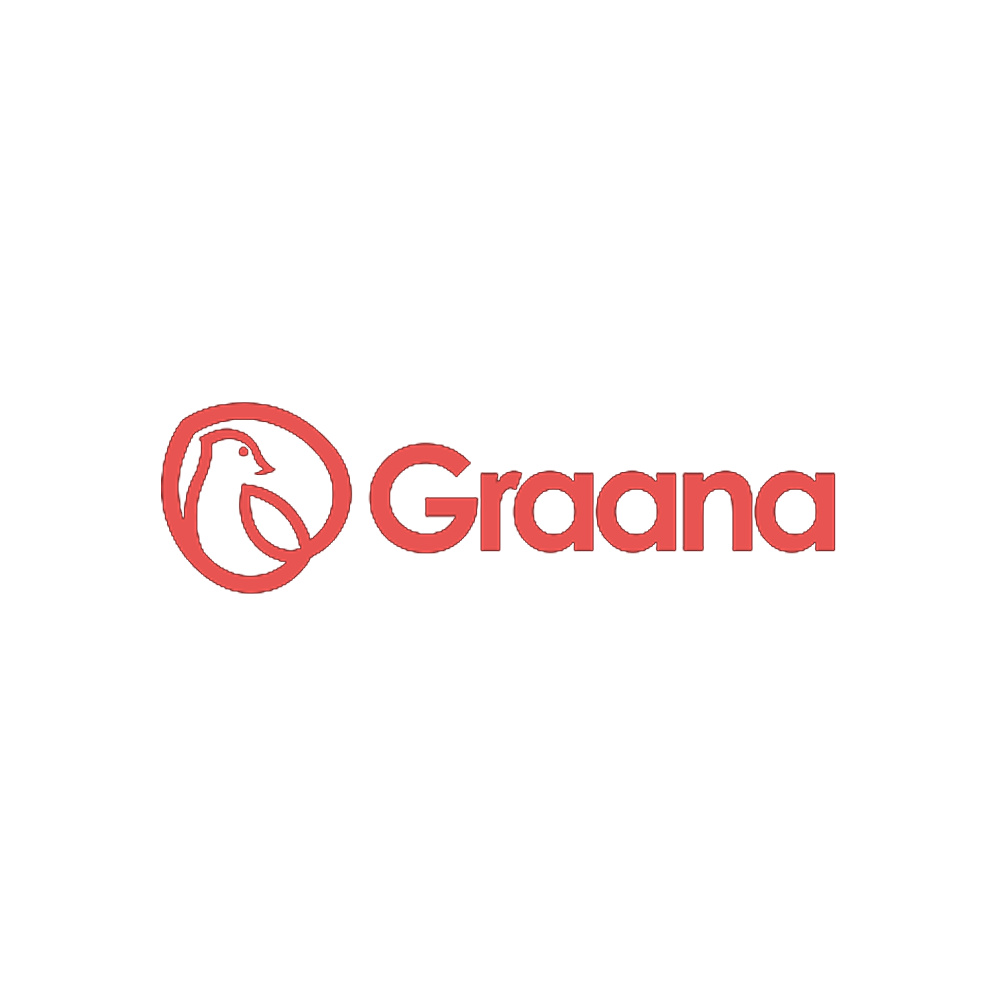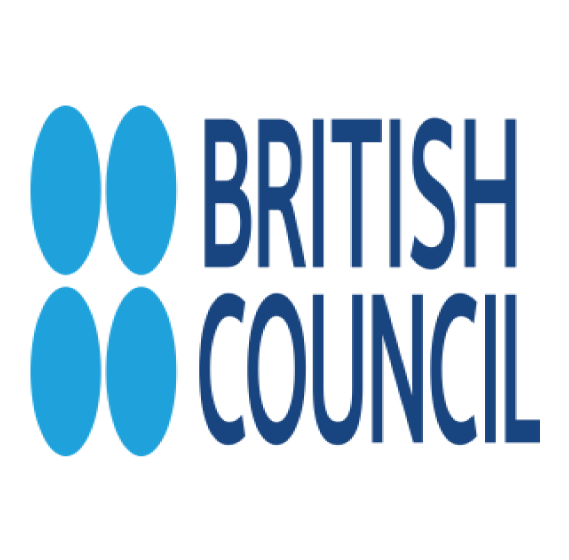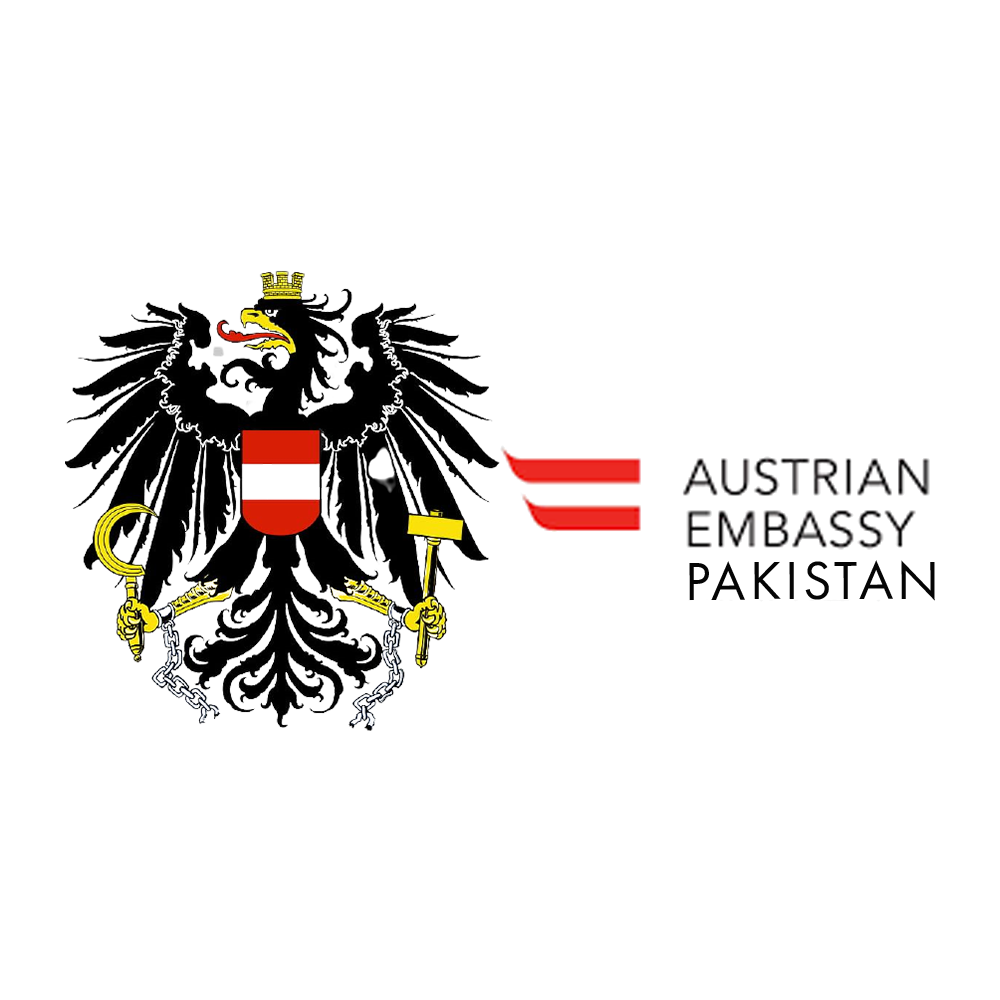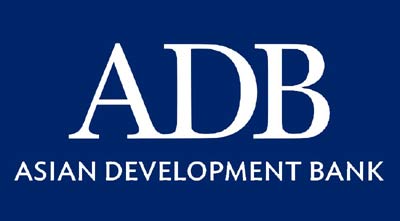Quarantine Fumigation
The methodology used in pre-shipment to control the spread of pests and diseases in various commodities is called Quarantine Fumigation. It covers all regulatory actions that are taken to exclude animal or plant pests or pathogens from a site, area, country, or group of countries.
It is the legal enforcement of measures aimed to prevent pests from spreading or to prevent them from multiplying further in case they have already gained entry and have established in new restricted areas
The mandatory activities for the official control include:
1. Containment or suppression activities (mostly involving destruction, disposal and decontamination)
2. Surveillance in the area where the pest or disease could establish
3. Movement restrictions so the pest or disease does not spread to an area that is not affected
Fumigation of Containers:
Apart from its pest control purpose, the container fumigation procedure is also required as per the Plant Quarantine Rules that regulate the transit of goods.
There can be 2 types of fumigations:
- Full Container Load Fumigation:
This type of fumigation is done when a full load of exported goods inside the shipping container is fumigated. The fumigating gas is held in the container for some time before being ventilated. Afterwards, container is sealed and is ready to be dispatched.
- Loose Container Load Fumigation:
Sometimes goods that need to be fumigated are not occupying the whole container. Therefore, they are placed separately. Fumigation is done under gas-proof sheetings. Cargo is kept under the sheet for sometimes and space gets ventilated after a couple of hours.
It is also possible to fumigate the empty container even before it is stuffed.
- Certification of Quarantine Fumigation:
Quarantine fumigation certificate is issued by Black Horse International on authorization by Department of Plant Protection, Government of Pakistan; to export shipment in container, ships and cargo planes.
Certificates are issued to indicate that consignments of plants, plant products or other regulated articles meet specified phytosanitary import requirements. It is to make whether the products are in conformity with the certifying statement of the appropriate model certificate.
Commodities included in shipments are:
- Plants
- Bulbs and tubers, or Seeds for propagation
- Fruits and Vegetables
- Cut flowers and Branches, Grain, and Growing medium
- Empty Containers
- Vehicles
